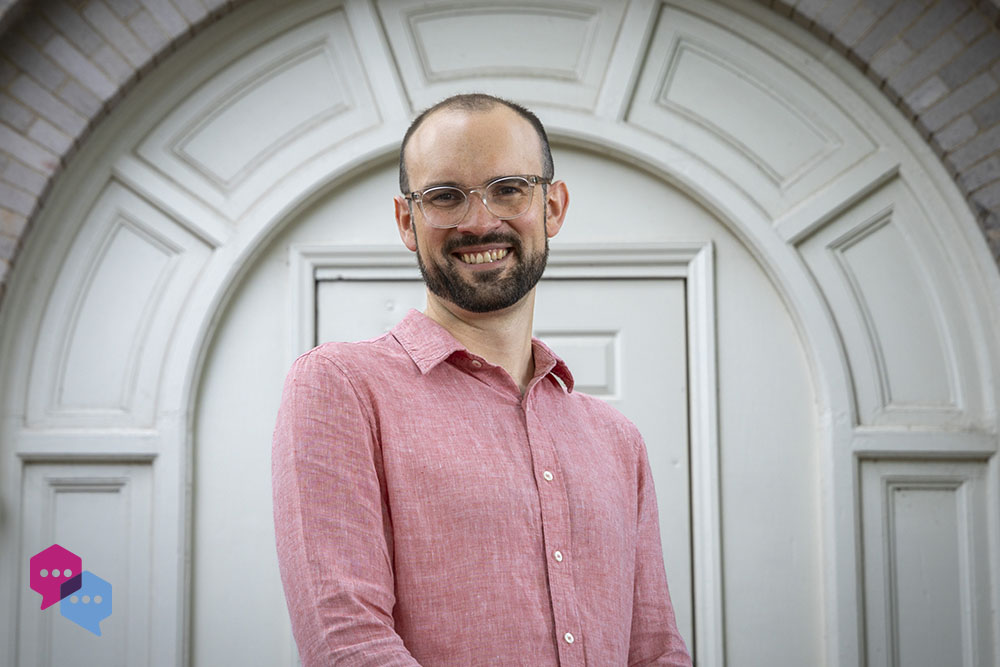Alex Worsnip is a professor and director of graduate studies in the Department of Philosophy within the UNC College of Arts and Sciences. He studies the rationality and irrationality of human thought and, more specifically, how both manifest in relation to politics.
Q: How did you discover your specific field of study?
A: It’s often said that philosophers ask questions that come naturally to children but that most adults are gradually conditioned to stop asking. How do we know anything? Am I the same person I was when I was a baby? Why is it wrong to steal someone else’s stuff? Like many other philosophers, I was drawn to these kinds of questions as a child. I was particularly fascinated by questions about what a good reason is to believe something, what makes an argument compelling, and which ways of thinking and reasoning are rational or irrational. Of course, I drove my parents up the wall doggedly pursuing those questions in the context of every dispute.
When I went off to college in the U.K., I chose to study philosophy, politics, and economics. I hoped to work in some kind of public policy-related field, perhaps for a political party or think-tank. But as time went on, I found myself continually drawn to the more foundational and abstract questions behind political science and economics, which led me to focus on philosophy. I eventually discovered the subfield of “reasons and rationality,” which connected with those questions that gripped me as a child. And as time went on, I also became interested in applying these questions to current events — which became very timely with the advent of concepts like “fake news,” “post-truth,” and “alternative facts.”
Q: Academics are problem-solvers. Describe a research challenge you’ve faced and how you overcame it.
A: During graduate school, I had a lot of ideas, but I was struggling to cohesively frame them into a single narrative for my PhD dissertation. I was fortunate to co-teach a class with the wonderful philosopher Steve Darwall, who was one of my advisors. The class was on rationality, and we assigned many of the foundational readings on that topic.
Explaining the key texts of the field in a way that undergraduates could understand helped me clarify what I thought was missing from the field and what my own contribution was. Specifically, I realized that I was taking some recently influential ideas about coherence from the practical rationality literature and applying them to the rationality of belief, where no one had really worked the same ideas out in any detail.
Q: Describe your research in five words.
A: Humans are coherent but unreasonable.
Q: Who or what inspires you? Why?
A: Great music, theater, and film — all of which have been passions for me since adolescence. Most of my philosophical work comes back to how people think and their rich, fascinating, maddening tapestry of idiosyncrasies, irrationalities, and other foibles. So much great theater and film is full of vivid, three-dimensional case studies of the human mind in all its complexity.
These artforms achieve a level of depth and eloquence on these topics that, to be frank, I doubt my philosophical writing can ever achieve. But as my work has matured, I’ve tried to become a better prose stylist and use examples that are more psychologically true-to-life so that readers can see themselves and the patterns of thinking they’re prone to in the characters I discuss.
Q: If you could pursue any other career, what would it be and why?
A: In an ideal world, an actor or director. I did a lot of theater in college and found a huge amount of joy and fulfilment in it. But sadly, I don’t think I was quite good enough to make it professionally! So in reality I would probably have been a lawyer — legal thinking requires a lot of the same skills as philosophical thinking.


